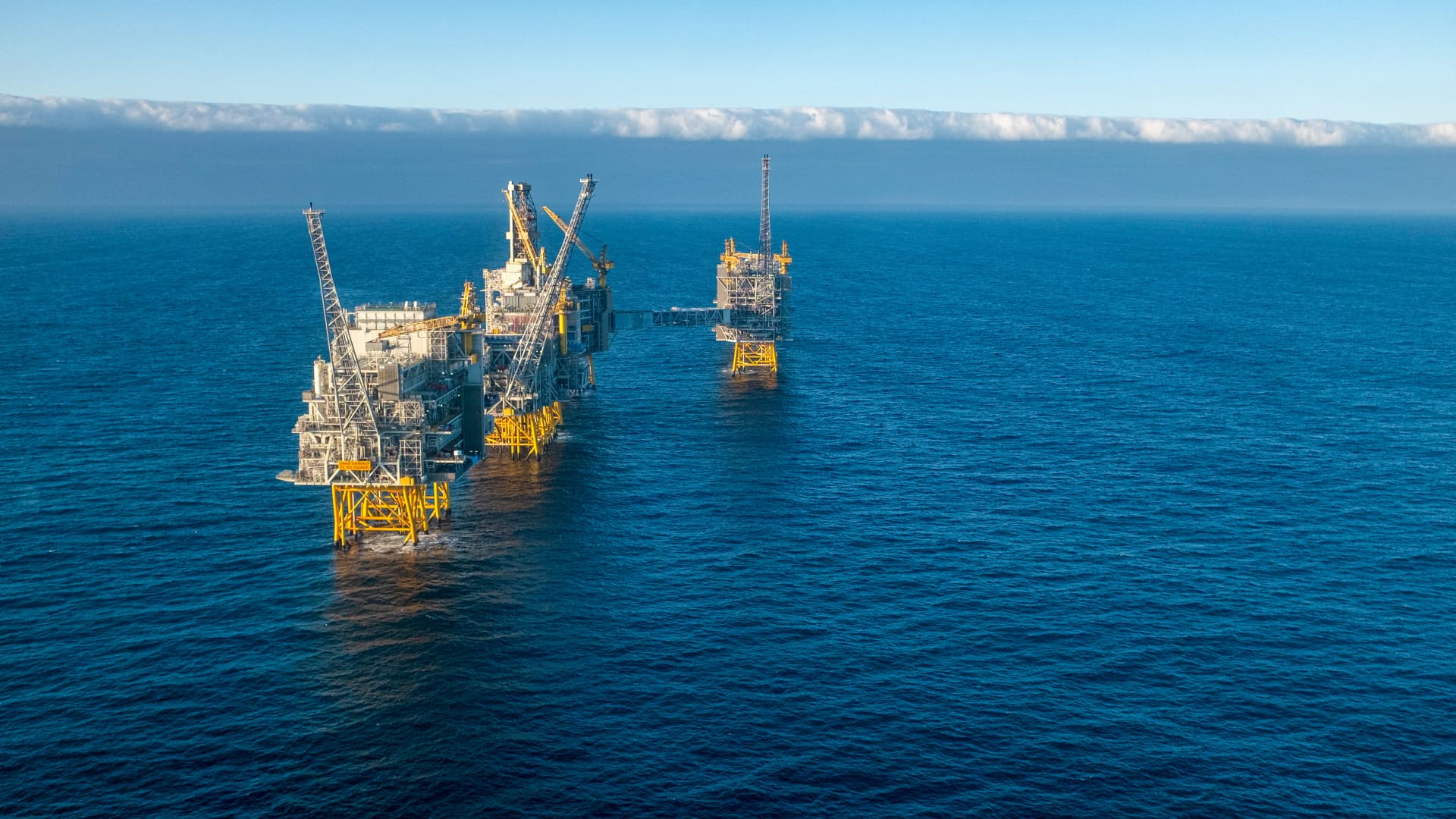Oil giants Shell and Equinor have unveiled plans to merge their U.K. offshore oil and gas operations into a new joint venture, marking the creation of the largest independent oil and gas company in the U.K.
Details of the Joint Venture
The companies aim to establish the venture in Aberdeen, Scotland, by the end of 2025, pending regulatory approvals. This move is designed to maintain fossil fuel production and ensure the stability of the U.K.’s energy supply. Once completed, the venture will become the largest independent producer in the U.K. North Sea, according to Shell.
The combined entity is expected to produce over 140,000 barrels of oil equivalent per day by 2025. While Shell’s stock saw a slight dip of 0.8%, Equinor’s share price rose by 0.3% following the announcement.
Strategic Rationale
Shell’s Zoë Yujnovich emphasized that domestically produced oil and gas will continue to play a vital role in the U.K.’s energy future. She added that the joint venture will contribute significantly to the country’s energy transition, supplying heat for homes, power for industries, and fuels for everyday use.
The new venture will bring together Equinor’s assets in Mariner, Rosebank, and Buzzard, alongside Shell’s holdings in Shearwater, Penguins, Gannet, Nelson, Pierce, Jackdaw, Victory, Clair, and Schiehallion. Equinor currently employs 300 staff in the U.K., while Shell has around 1,000 employees across its oil and gas operations in the country.
Philippe Mathieu, Equinor’s executive vice president for exploration and production, stated that the deal strengthens the company’s cash flow and enhances both companies’ abilities to secure the U.K.’s energy supply.
Economic and Strategic Considerations
Analysts, including Biraj Borkhataria of RBC Capital Markets, highlighted the potential for significant “tax synergies” between the two companies, especially in light of recent changes to the U.K. government’s fiscal policy on oil and gas.
In the context of higher windfall taxes, which could curtail investment in North Sea development, combining resources makes strategic sense, allowing Shell and Equinor to pool their expertise and assets while reducing their capital focus in the region. This mirrors moves by other companies like Eni, which have adjusted their strategies in response to the challenging U.K. market.















